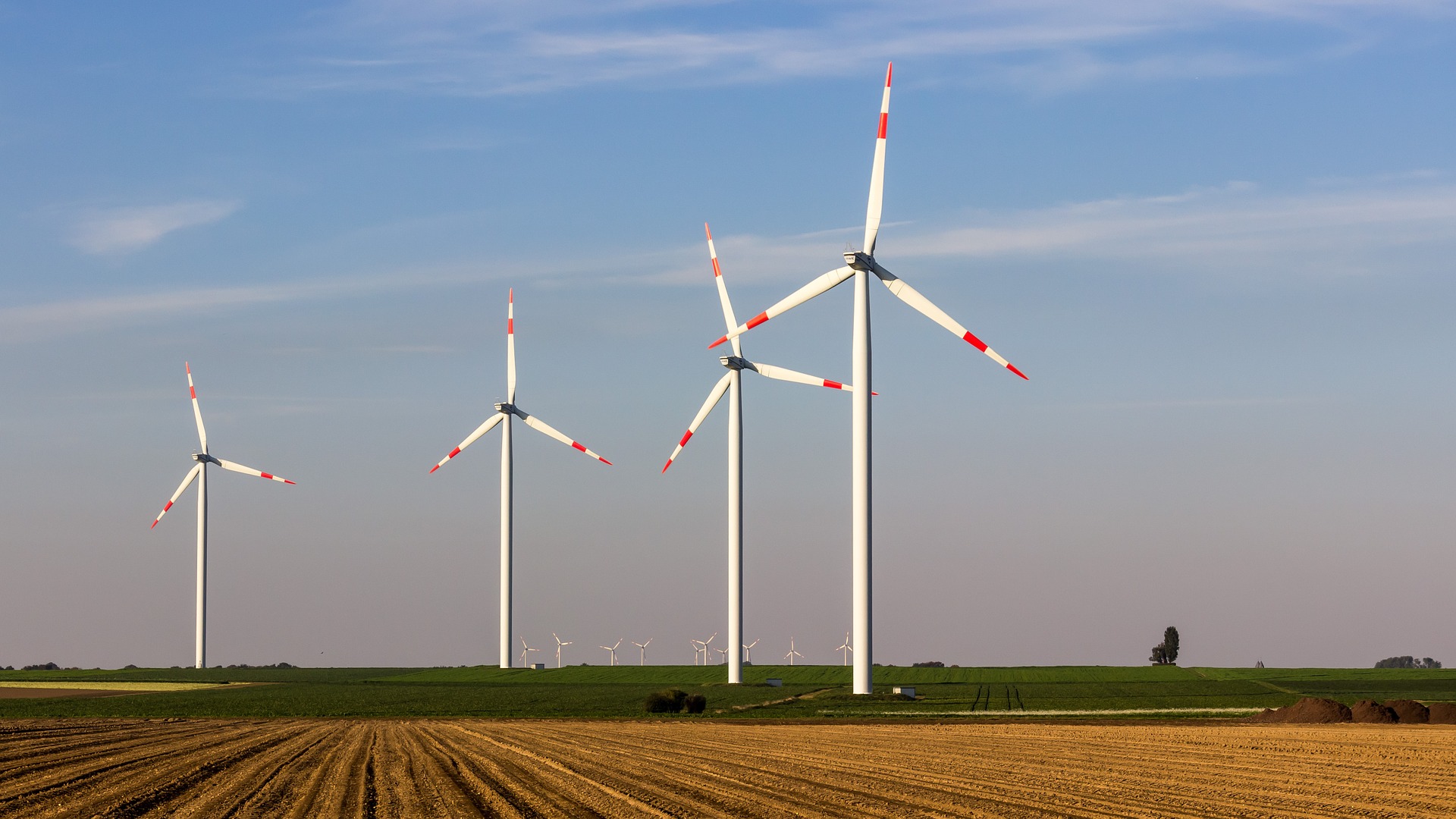Wind energy sector in Lithuania: 1.6 thousand jobs for specialists and a turnover of 60 million euros
In the European Union (EU), wind energy plays a significant role not only in energy production but also in the context of social and economic changes. Wind energy creates more than 300,000 jobs for diverse EU specialists, and generates more money when compared to other renewable energy sectors.
Renewable energy is also continuing to reaffirm its contribution to the EU economy, especially in the manufacturing sector. According to data in the “EurObserv’ER” report on “The state of renewable energies in Europe” in 2017, collected by evaluating the economic activity, at the end of 2016 the renewable energy sector generated more than 149 billion euros in renewables in the EU-28. In addition, more than 1.4 million specialists were employed in the ten renewable energy sectors – wind, solar, solar thermal, hydro energy, biofuels, geothermal heat, biomass, heat pumps, biogas and renewable municipal waste. Optimistic trends were observed in 20 of the 28 EU Member States as in 2016, the renewable energy generation in these countries remained stable or was even higher. On average, the turnover of these 20 countries, including Lithuania, grew by about 11 percent to 5 billion euros.
Wind energy in the EU has created more than 309,000 jobs for specialists in various fields. Experts in the fields of investment, the operation and maintenance of turbines, and the production and sales of renewable energy devices are all employed in this sector.
The EU’s leader in the wind energy sector at the end of 2016 was Germany, where 39 percent of all jobs were created for wind energy specialists. The country now has more than 121 thousand people involved in the sector, who generate around 16 billion euros in terms of turnover. In second place is the United Kingdom, which created about 14 percent of all its jobs in the field wind energy. The sector generates about 4.5 billion euros in the annual turnover, and employs almost 43 thousand people in the UK. Third in the EU is Denmark, which was one of the pioneers in wind energy. In Denmark, the sector employs around 26.6 thousand specialists and generates about 4.6 billion euros in turnover.
In Lithuania, the renewable energy sector created 18.3 thousand jobs in 2016. At the end of the same year alone, there were 1.6 thousand specialists working in the wind energy sector who were responsible for supervising and operating the wind turbines, as well as specialising in the production and sales of necessary devices and working with the investment decisions. The sector’s turnover in Lithuania was 60 million euros. In addition, in 2017, the wind farms operating in the country produced the largest amount of electricity in the entire history of Lithuanian wind energy. The production volumes increased by 20 percent last year, when compared with 2016.
The report on renewable energy in Europe was prepared by “EurObserv’ER”. You can find the full report and data with further insights here.
Post a comment
You must be logged in to post a comment.


